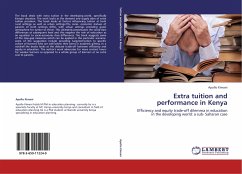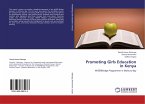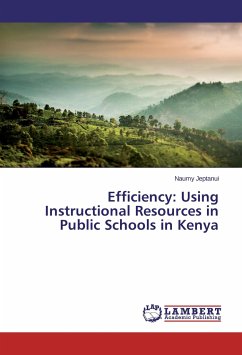The book deals with extra tuition in the developing world, specifically Kenyan situation. The work looks at the demand and supply sides of extra tuition provision. The book looks at factors influencing tuition at both rural settings as well as urban settings.The socio- economic statues of parents of both settings differ, with urban settings providing good atmosphere for tuition to thrive. This ultimately perpetuates the social-class differences at subsequent level and this negates the role of education as an equalizer to socio-economic class differences. The book suggests some of the stop-gap measures which can be applied in this particular scenario. some of the suggestion include providing targeted tuition to specific cohort of learners who are well below their peers in academic gifting. In a nutshell the books looks at the delicate trade-off between efficiency and equity in education. The author's work advocates for more contact hours for weaker learners as opposed to a whole group of learners at no extra cost to parents.
Bitte wählen Sie Ihr Anliegen aus.
Rechnungen
Retourenschein anfordern
Bestellstatus
Storno








